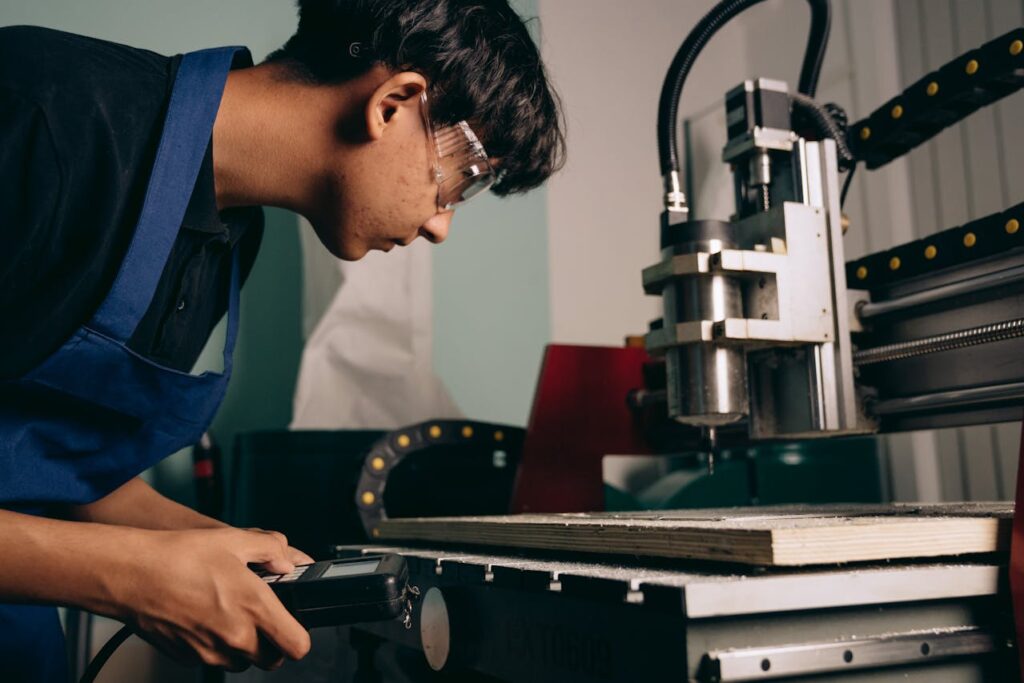Are you a business owner looking to save money while also upgrading your manufacturing equipment? Leasing manufacturing equipment might be the solution you’ve been searching for. In this article, we will explore how leasing can benefit your business financially.
Types of Manufacturing Equipment That Can Be Leased
The range of manufacturing equipment available for leasing is vast, encompassing various types of machinery and tools essential for different industries. Commonly leased items include CNC machines, forklifts, lathes, and 3D printers. Each of these machines plays a vital role in enhancing production capabilities, and leasing provides an opportunity to access the latest models without the upfront financial burden.
In addition to heavy machinery, smaller tools such as welding equipment, packaging machinery, and assembly line components can also be leased. This flexibility allows businesses of all sizes to tailor their leasing agreements based on their specific operational needs. Leasing smaller tools can benefit startups and smaller enterprises that may not need large-scale machinery but still require reliable equipment to function efficiently.
The Benefits of Leasing Manufacturing Equipment
Leasing manufacturing equipment offers numerous benefits that can significantly impact your business operations. One of the most immediate advantages is the preservation of capital. This flexibility is especially crucial for small and medium-sized enterprises with limited funding.
Additionally, partnering with equipment leasing companies typically entails lower monthly payments compared to financing a purchase. This means you can acquire the latest technology and equipment without the burden of high upfront costs. For businesses that operate in competitive environments, having access to advanced machinery can be a game changer, allowing you to enhance productivity and efficiency without straining your financial resources.
Factors to Consider When Leasing Manufacturing Equipment
When contemplating a lease agreement, several factors must be considered to ensure that it aligns with your business goals. First and foremost, evaluate your operational needs carefully. It is crucial to understand the types of equipment required and how frequently they will be utilized. This assessment will help determine whether leasing is the right choice or if purchasing would benefit your situation more.
Another important consideration is the lease terms. It’s essential to scrutinize the lease length, payment structure, and any additional costs associated with the lease agreement. Some leases may include hidden fees for maintenance or upgrades, which could impact your overall savings. Be sure to request a detailed breakdown of costs and clarify any ambiguous terms before committing to a lease.
Steps to Take When Leasing Manufacturing Equipment
Leasing manufacturing equipment involves several steps to ensure a smooth process and successful agreement. The first step is to conduct thorough research on the types of equipment available for lease and the specific needs of your business. This research will help you identify which machines are most suitable for your operations and how leasing can fit into your overall strategy.
Once you clearly understand your requirements, the next step is to reach out to potential leasing companies. Request quotes from multiple providers to compare rates, terms, and services offered. This competitive approach can help you secure the best deal for your business. It’s also wise to ask about any special promotions or discounts that may be available.
Conclusion
In the ever-evolving manufacturing landscape, making informed financial decisions is crucial for success. Leasing manufacturing equipment offers numerous benefits, including cost savings, flexibility, and tax advantages. By carefully evaluating your operational needs and understanding the terms of lease agreements, you can make a strategic choice that supports your business goals.

